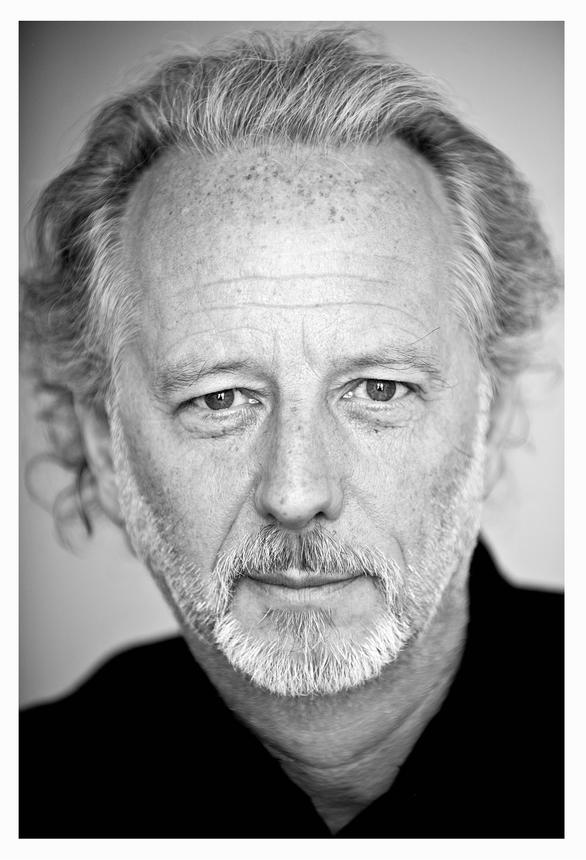Translated by David McKay
Set at the time of the Crusades and based on historical events, The Convert is the story of a strong-willed young woman who sacrifices everything in the name of love.
When Stefan Hertmans learns that Monieux, the small Provençal village in which he lives, was the scene of a pogrom a thousand years ago and that a treasure may be hidden there, he goes in search of clues. The first is a letter, written in Hebrew nearly a thousand years ago, originally discovered among a startling collection of Jewish documents in the Ben Ezra Synagogue in Cairo in the late nineteenth century.
This letter sets Hertmans off on the trail of a young woman who fled her powerful Christian family to marry the love of her life, the son of the chief rabbi of France, for whom she renounced her own faith. Originally known as Vigdis, the young woman changed her name to Hamoutal upon converting to Judaism. Her father offered a large sum to anyone who could bring her back, but the lovers managed to escape to Monieux. They were not safe for long, though: Monieux bore witness to a bloody pogrom, after which Hamoutal found herself alone and once again having to flee.
Hertmans retraces Hamoutal’s footsteps—first through the French cities of Rouen, Narbonne and Marseille, as she makes her way south, fleeing her family, and then on to Sicily and ultimately to Cairo, where she sought asylum. It is a dizzying, often terrifying journey, full of hardships, that unfolds against the backdrop of the death and destruction of the Crusades.
The Convert is both an epic love story and a harrowing portrait of the havoc wrought by holy war. It is a tale of flight, and fear, a story that seeks to answer a pivotal question: What does it mean to change your identity?
INTERVIEWS and REVIEWS
ANZ Lit Lovers
New York Times
andThe Convert
‘A gritty yet melancholy account of war and memory and art that may remind some readers of the work of the German writer W. G. Sebald…Urbain Martien was a man of another time. This serious and dignified book is old-fashioned, too, in the pleasant sense that it seems built to last.’
‘Every detail has the heightened luminosity of poetry…The book has such convincing density of detail, with the quiddities of a particular life so truthfully rendered, that I was reminded of a phrase from Middlemarch: “an idea wrought back to the directness of sense, like the solidity of objects”. Hertmans’ achievement is exactly that…War and Turpentine has all the markings of a future classic.’
‘[Hertmans] recreates the lives and losses of the deceased with enormous empathy and skill…Like many family dramas, this is a work that veers between sense and sentimentality. It is in many ways an old-fashioned book, and pleasingly so…It is sympathetic remembrance, shaped into lasting elegy.’
‘A masterly treatise on the interconnections of life, art, memory, and heartbreaking love…Hertmans’s prose, with a deft translation from McKay, works with the same full palette as Urbain Martien’s paintings: vivid, passionate—and in the end, life-affirming.’
‘Hertmans travels the road trod by Vigdis and brings to life the hardships she endured along the way, all the whole intertwining his own journey of discovery.’
‘This is a novel to recommend to poets, historians, gardeners and crafters; to those who know well that the reward is not solely in conclusion, but also in the unfolding interim.’
’The Convert involves meticulous research and carefully detailed prose, binding together a fascinating historical story…[Stefan Hertmans] has again produced an immensely fine work, which is as affecting as it is tragic.’
‘The Convert, briskly translated from the Dutch by David McKay, is an imaginative flight, full of darkness and light, lively characters, life-altering conflicts, violence and kindness, birth, death and, oddly, a lot of snakes. It is, as it says right there on the cover, nothing less than a novel. And it’s a really good one.’







